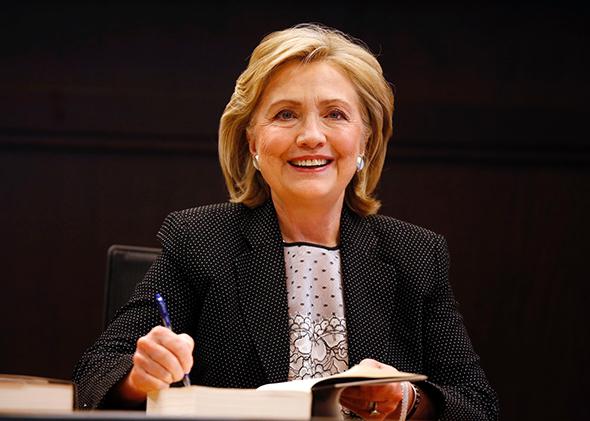When Republicans went after Debo Adegbile—President Obama’s former nominee to the Civil Rights Division of the Justice Department—they focused their fire on his prior professional obligations as a defense attorney, and in particular his work in the defense of Mumia Abu-Jamal, the convicted murderer of a Philadelphia police officer. Pennsylvania Republican Rep. Mike Fitzpatrick said that his representation of Abu-Jamal “made a mockery of the jury’s verdict and the court’s sentence,” while conservative outlets from Fox News to the Washington Times denounced Adegbile as a “cop-killer coddler” and worse. In the end, the frenzy of criticism was enough to spook Democrats and derail his nomination.
A month later, the Republican Governors Association used similar tactics in an attack on Vincent Sheheen, the Democratic nominee in the South Carolina gubernatorial race. In an ad, the RGA denounced Sheheen for “personally defending dangerous criminals”—in other words, doing his job as a defense attorney. Despite tough criticism from South Carolina legal groups—Alice Paylor, head of the state bar association, called it an attack on “the Constitutional principles that are essential to a free society”—the RGA never removed the ad.
This attack has resurfaced this week, this time as a criticism of former Secretary of State Hillary Clinton, who worked as a public defender in Arkansas in the 1970s. On Tuesday, the Washington Free Beacon released audio recordings of Clinton discussing her criminal defense of Thomas Alfred Taylor, a 41-year-old accused of raping a child. For the Free Beacon, this audio—which includes “Clinton’s suggestion that she knew Taylor was guilty at the time”—”calls into question Clinton’s narrative as a devoted women and children’s advocate in Arkansas.”
And on Friday, the Daily Beast added to the pile, publishing excerpts from an interview with Taylor’s rape victim in question, now 52, who says “Hillary Clinton took me through Hell.” Like the the Free Beacon, the Beast suggests that this complicates Clinton’s reputation. “Whether or not Clinton was just doing her duty as a defense lawyer,” writes reporter Josh Rogin, “for the victim, Clinton’s behavior speaks to her character, her ambition, and her suitability to be a role model for women or president of the United States.”
It’s immensely valuable to have the victim’s perspective vis-a-vis Clinton’s performance in the case, but the idea that this should be held against her—like Adegbile’s advocacy or Sheheen’s work—is ridiculous. It is the job of defense attorneys to do the best they can for the clients they have. Anything less—varying the quality of their work according to the caliber of their clients—is literal malpractice, to say nothing of its corrosive effect on the foundations of our legal system. A world where a lawyer’s reputation is ruined because of who she represented or because of how zealously she did her job is one where the worst of the accused have little recourse.
We would never apply this standard to another profession. No one would attack a police officer for protecting a drug dealer’s neighborhood, or sanction a doctor for saving a thief’s life. What’s more, no one would hold those actions as a liability for public office. We would understand, correctly, that people in public life don’t get to choose who they help and who they reject.
Simply put, Republicans and their allies are playing a dangerous game with these attacks. In a broad sense, they risk delegitimizing the idea of a public defense. And in a narrow one, they discourage public defenders from entering politics, which is a problem.
As it stands, American politics has a huge bias toward the state’s side of the criminal justice system; of the 200 congresspeople with a background in law, 32 served as prosecutors and 7 served as judges. Defenders are almost nonexistent. The result, in part, is a political culture eager to crack down on crime, but less interested in rehabilitation or reducing incarceration.
You don’t have to support Hillary Clinton or her politics to see the problem with turning her career as a defense attorney into a partisan issue. If you believe in the rights of the accused and the right to legal representation, then these critiques of Clinton, while understandable, are wrongheaded.
